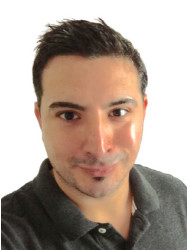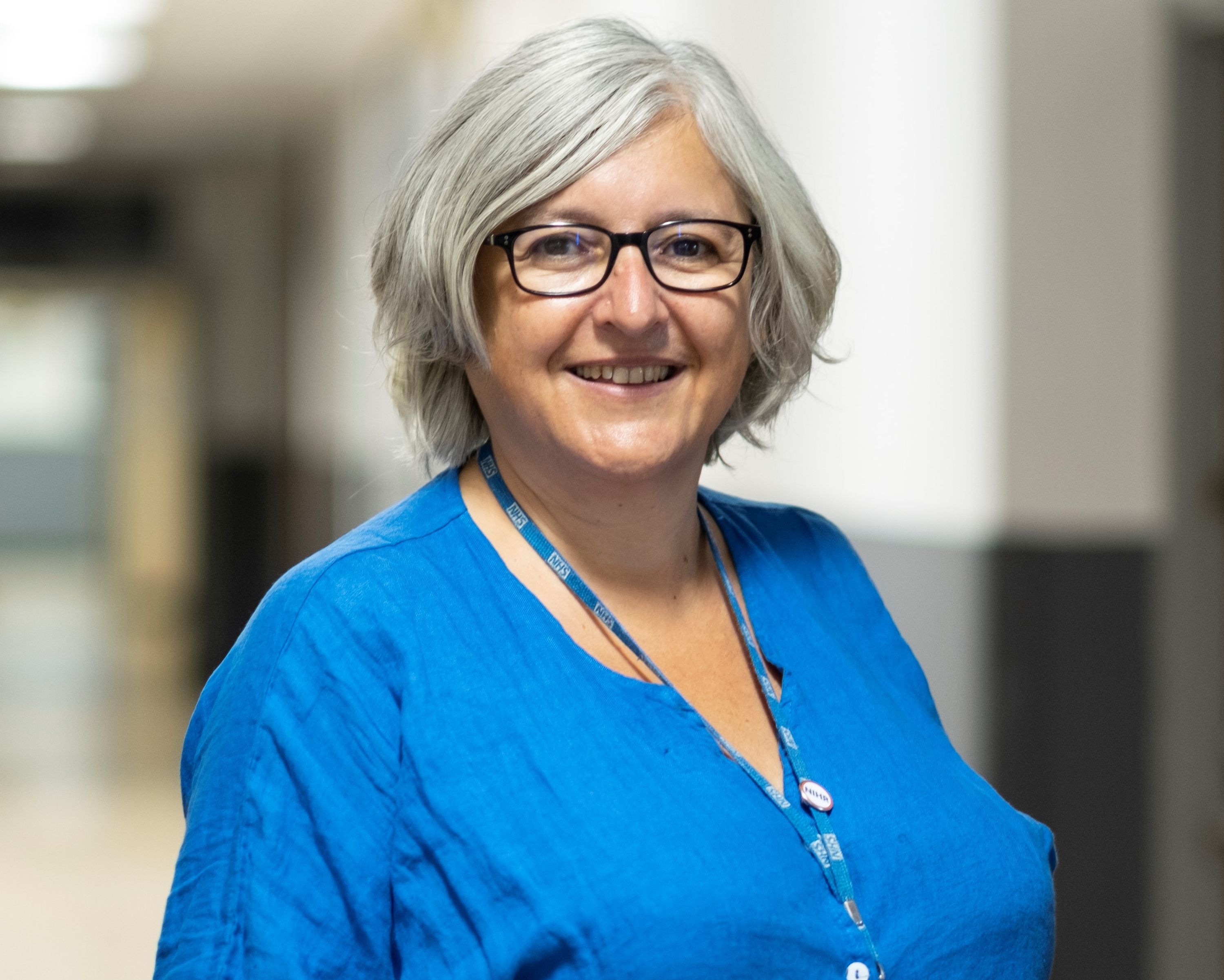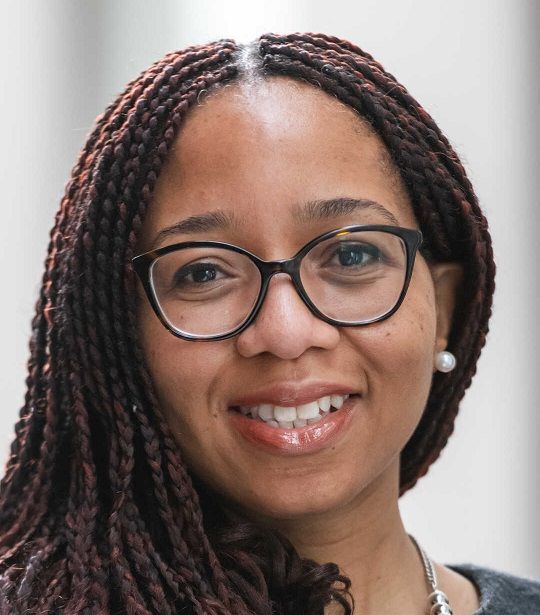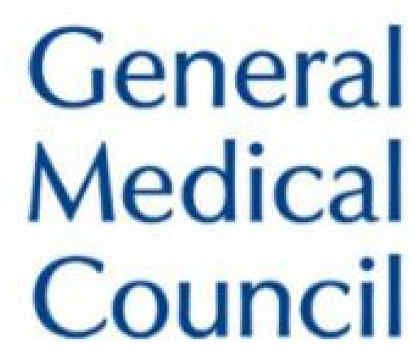RESEARCH: REPRODUCTIVE ENDOCRINOLOGY

How did you get into research?
Whilst I had some limited experience of research during my BSc, my research career really took off when I was awarded an Academic Clinical Fellowship in Endocrinology at Imperial. That provided me with a dedicated period of research training, and enabled me to successfully apply for a Wellcome Trust Clinical Training Fellowship to undertake a PhD in reproductive neuroendocrinology in Professor Dhillo’s lab. It has now come full circle, where I now lead on recruiting academic trainees in endocrinology including ACF’s to help kickstart their research journeys.
What do you enjoy about research?
I enjoy the potential for innovation / developing a new method or intervention that could positively impact on people’s lives. I especially relish the process of collaborating with bright enthusiastic colleagues to brainstorm new ideas and drive the next innovation.
What was the most difficult aspect of doing your PhD?
Certainly, my PhD was a period of rapid growth, where I had the opportunity to learn many unfamiliar technical skills but also a new way of thinking about medicine, and whilst it was challenging, overall, it was an eye-opening and enjoyable experience. Probably the biggest difference was ‘time management’; clinical work can be busy and intense but is more constrained to specific working hours, whereas academic work can be less boundaried and bleed into all hours. For example, a manuscript deadline could coincide with attendance at a conference or research study visits. So, it is important to be conscious in maintaining perspective and a healthy work-life balance to avoid burnout, whilst still being productive and able to succeed in a competitive environment.
What was the most challenging aspect of continuing your research after completing your PhD?
The hardest aspect was obtaining funding as post-doctoral funding is limited and difficult to secure. At that stage, I was close to completing my clinical training, so had limited time to obtain research funding before needing to consider other career paths to avoid unemployment. In the end, I was fortunate in obtaining an Imperial Post-Doctoral Post-CCT Research Fellowship (IPPRF) that afforded me sufficient time to successfully apply for an NIHR Clinician Scientist Award.
What difference has your research training and experience made to your career?
Academic careers afford flexibility and the opportunity to pursue and develop a deep expertise in specific areas of interest reflecting patient-needs. They can afford variety in your job-plan, as well as the ability to contribute to education/training in addition to research and clinical work
How has research changed your clinical practice?
Experience with data analysis and the skills to critically appraise the literature offers a much greater appreciation and insight into the quality of evidence, as well as greater confidence to review the primary literature and form an independent view on a clinical problem.
What has made a difference to progressing your research career?
The support of senior colleagues who have previously walked the path you intend to tread is always invaluable to help guide you through the ‘unknown unknowns’. Generally, senior colleagues are remarkably generous with their time and are very happy to support junior colleagues in avoiding pitfalls as they progress their academic careers.
Where do you see your clinical academic career going over the next 5 years?
There are many challenges in my field of reproductive endocrinology, whereby I hope to lead on research that can improve the speed, precision, and accuracy of our diagnoses, and ultimately to optimise patient care.
Dr Ali Abbara, Endocrinology, Imperial College London
Download Ali's research careers case study: Dr Ali Abbara - Case Study (PDF)
Useful links
Contact us
The CATO Team and Radiographers Incubator work on a Hybrid model, combining days in the office with days working from home – the best way to reach us is by email.
cato@imperial.ac.uk
radresearch@imperial.ac.uk
+44 (0)20 3313 7397



